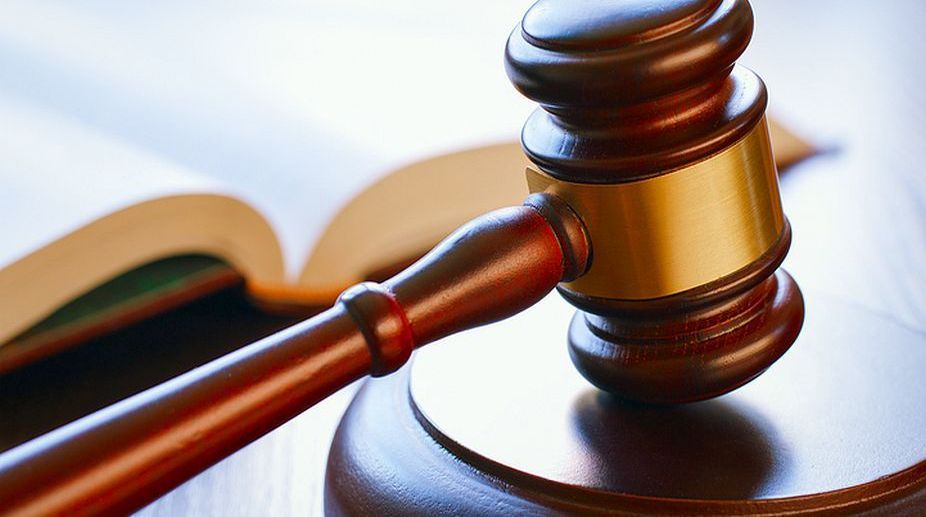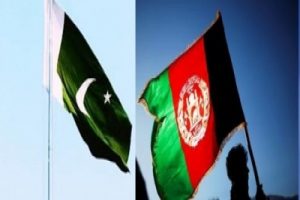The polity stands ruptured: the spill-over of the 2014 elections has proved no less divisive than the Emergency. The outbursts in Parliament last Wednesday underscore the “intolerance” the President has been condemning. The apex legislature has been reduced to slanging-matches on raincoats and dogs, and the fate of the budget session is now threatened. To attempt to determine who “started it” would involve an exercise as futile as grading filth, yet it would be equally futile to ask when the downward spiral would hit rock bottom – such is the prevailing viciousness. The Prime Minister has taken the line that his attack on his predecessor is badla for Dr Manmohan Singh’s charge that demonetisation was “organised loot and legalised plunder”: a line echoed by several ministers, and serves as the benchmark for the diatribes of party spokespersons dominating the air waves. The presiding officers in both Houses have failed to foster an upgrade in debating standards, and the competence of the Chair was openly questioned by a senior minister in the Elders.
The traditional “duty” of the government to make Parliament “work” is no longer honoured, the Opposition firmly believes that its’ role includes rendering the forum non-functional. It is difficult to believe that in the absence of a concerted effort at re-railing the legislature, the ill-will will blow over by the time the second phase of the budget session gets under way. The acrimony could be exacerbated on 11 March when the results of the elections to the state assemblies are declared. Those results could also impact the election of the next President, hence the political prognosis is far from salubrious. The stand-off that commenced with the 2014 election could so easily continue till the 2019 poll, and there is no telling what shape or form the divide will assume. For, in addition to political preferences, that divide now extends to the spheres of religion, caste, region and economic disparities. Is the system of parliamentary democracy approaching a point of no return?
Advertisement
To draw comparisons with the Emergency is ever uncomfortable. Yet it must be recognised that in 1977 there were – across the board – political leaders chastised by the battering that democracy had taken, and were capable of an exercise in redemption.
That does not appear the case now. Cheap comments like a “suit-boot sarkar” and “fair and lovely” are countered by equally silly slogans. The electorate, alas, has few choices. The “national” parties have failed them, the personality-cult that once marked regional parties has spread “upward”. Denying an outright victory to any single party might ensure some restraint, but the experience of coalition governments has been uninspiring. Much food for thought over the next couple of years?











